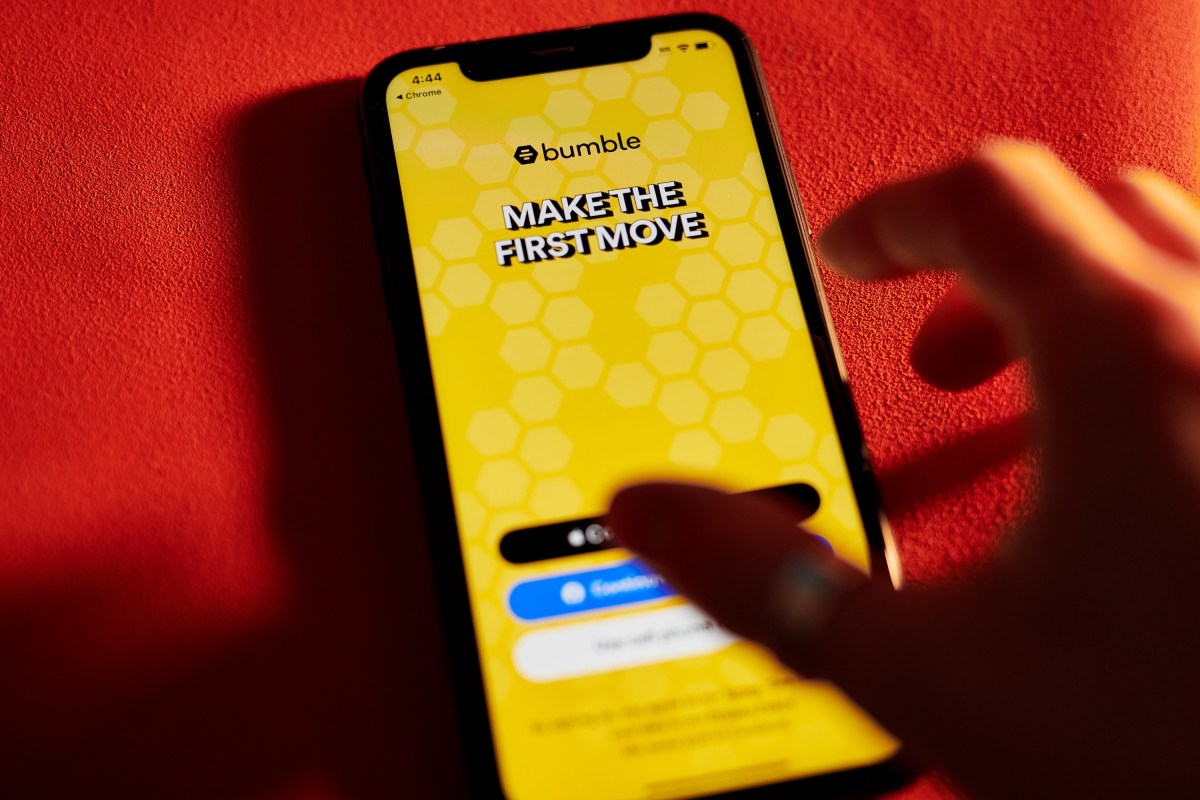In a new academic paper, researchers from the Belgian university KU Leuven detailed their findings when they analyzed 15 popular dating apps. Of those, Badoo, Bumble, Grindr, happn, Hinge and Hily all had the same vulnerability that could have helped a malicious user to identify the near-exact location of another user, according to the researchers.
While neither of those apps share exact locations when displaying the distance between users on their profiles, they did use exact locations for the “filters” feature of the apps. Generally speaking, by using filters, users can tailor their search for a partner based on criteria like age, height, what type of relationship they are looking for and, crucially, distance.
To pinpoint the exact location of a target user, the researchers used a novel technique they call “oracle trilateration.”
The good news is that all the apps that had these issues, and that the researchers reached out to, have now changed how distance filters work and are not vulnerable to the oracle trilateration technique.
Neither Badoo, which is owned by Bumble, nor Hinge responded to a request for comment.



When the apps also show the distance down to feet, you can triangulate their exact potion by moving your phone’s gps location.
Always choose the “don’t show” option. It’s not perfect, but it makes triangulation more difficult.
Also, pro tip, always ask new people to show their face while doing something that people don’t normally do, like holding up three fingers or a scrap of paper with text YOU chose.
Obviously AI makes things more difficult, but this weeds out most of the “average” catfishers.